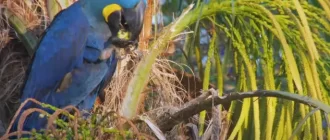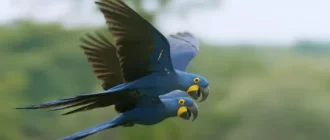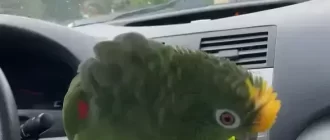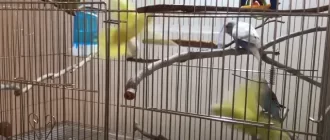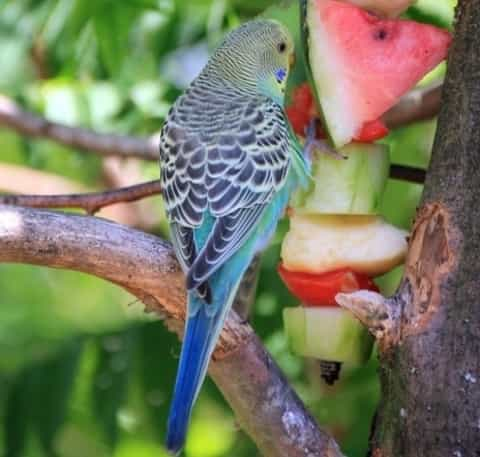Telling if a parakeet egg is fertile can seem like a challenging task, especially for first-time bird owners. However, it’s not as daunting as it might appear. Here is a detailed guide that sheds light on how to determine the fertility of a parakeet egg.
Observation
The easiest way to determine if a parakeet’s egg is fertile is by merely observing the bird’s behavior. If a parakeet remains on the nest for a prolonged period, it’s a good sign that the egg might be fertile. A lack of interest in the egg could indicate infertility.
Candling
“Candling” is the most accurate method to tell if a parakeet egg is fertile.
- Prepare: Wait until the parakeet has laid all its eggs before beginning the candling process as handling the eggs too soon can be harmful.
- Equip: You will need a small flashlight or a specialized candling light that you can hold against the egg.
- Examine: Hold the light against the egg. If you see a dark area with a network of veins, then the egg is fertile.

| Condition | Meaning |
|---|---|
| Dark area with veins | Fertile egg |
| Clear, with no evidence of anything inside | Infertile egg |
Remember, if a parakeet egg is fertilized, it usually takes around 18-20 days for a baby bird to develop.
Cracking Open
If you absolutely need to know if an egg is fertile and all else fails, you can crack it open. But, this method is rather draconian as it ends any chances of a chick hatching.
Caution
While these methods would help you determine if a parakeet egg is fertile remember to handle eggs with extreme care. Avoid frequent handling of eggs.
In Summary
Determining the fertility of a parakeet egg requires careful observation and patience. With due care and attention, you can successfully ascertain if your pet parakeet is about to welcome a tiny new addition to your flock.
